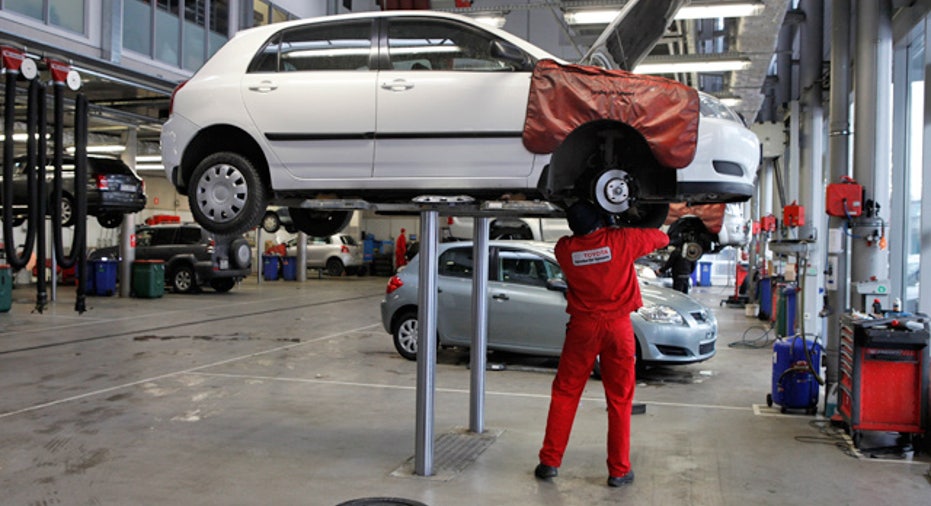Find the Lowest Car Repair Estimates

A visit to the mechanic for a car repair can be almost as nerve-racking as a trip to the doctor. Exactly what is wrong and how much will it cost to fix it? But unlike a doctor's visit, where you can arrive for your appointment fully armed with reliable medical information and, in many cases, the comfort of knowing your health insurance will cover the problem, many people feel you have to put your trust fully in your mechanic to correctly diagnose the problem and hope you're not getting overcharged. But there are some simple strategies you can use to help ensure your car repairs are the right ones and for the right price.
Get multiple estimates in writing. Start by bringing your car to the dealership or repair shop where you've had recent maintenance completed. Ask them to outline in writing exactly what's wrong with the car and the cost to repair it.
Next, request estimates from at least two other car repair shops. In many cases, you can get the estimate by simply calling the other repair shops, telling them what is wrong with your car and asking them for an estimate. Many car problems are straightforward and the shop can write up the estimate by simply knowing the problem and some basic information about your car, such as its make, model, year and engine type, which you can answer over the phone.
Make sure each estimate breaks down the repair in detail. While ultimately you're interested in the overall cost, you need a breakdown to understand if you are being charged fairly. Every estimate should include a breakdown of at least the replacement parts needed and any disposal or fluid fees associated with the old parts. You'll also want to know the hours needed to complete the repair and the cost per hour or the flat fee associated with the car repair.
Ask questions. Review the estimate and make sure you understand it, including any abbreviations. All parts needed for the car repair should be listed. In addition, for each estimate, ask how long that shop will need your car as well as whether there are any potential additional charges, not included in the estimate.
Compare the estimates. Compare the estimates overall, first to see if they are within the same range. Then compare the breakdowns to ensure that the fees for parts or other miscellaneous fees aren't wildly different. Ask why if they are.
One difference may be using original equipment, or OEM, parts versus aftermarket parts. And remember that every shop has its own labor rates, so those can vary widely.
Use a repair website to help compare costs. There are now many websites that provide estimates for car repairs to help car owners determine whether they are being overcharged. Three popular sites that provide free information on car repair costs are AutoMD, RepairPal and DriverSide. All offer listings of mechanics by geographic area provide details of common mechanical problems by make and model, and offer some method to help drivers determine whether their mechanic's diagnosis is logical.



















